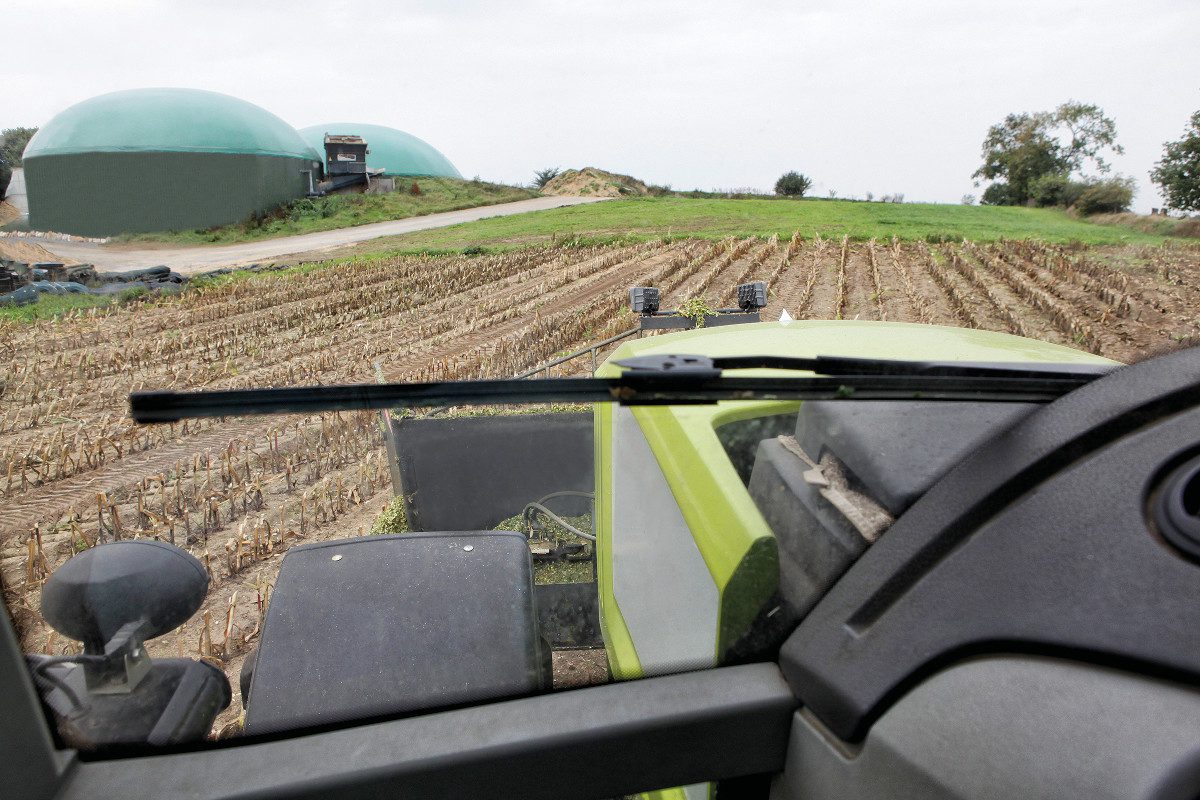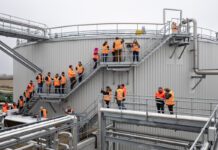
A new ‘data pack’ available to anaerobic digestion (AD) operators provides a reference point for UK digestate characteristics. It is said to comprehensively report key positive and negative characteristics of UK digestates produced from different feedstock types. Specialist laboratory analysis has been carried out, focussing on microplastic analysis and dewaterability of digestates derived from food waste processes.
The pack is one of two outputs of a project undertaken by certification firm Renewable Energy Assurance (REAL), funded by the Research Hub, which has also yielded a separate digestate valorisation report. The work was delivered by Solidsense Ltd in collaboration with AquaEnviro and Cambridge Eco Ltd, forming the Solidsense Ltd Consortium.
Digestate dewaterability results are included within the valorisation report alongside valorisation options that are at Technology Readiness Level (TRL) 7 or higher, meaning they have been demonstrated under ‘real world’ conditions. The report also presents a roadmap for digestate valorisation in the UK that outlines ‘waypoints’ – areas of focus for regulators, policy makers and the anaerobic digestion industry.
The idea for the work was first submitted in 2020. Since then, REAL and members of the project management team have been working closely with the Consortium to bring the project to fruition.
Compost Certification Scheme (CCS) and Biofertiliser Certification Scheme (BCS) Scheme Participants, who fund the Research Hub, have been granted priority access to the project outputs. Government and environmental regulators for each country in the U.K will also be permitted a copy of the outputs.
Wider industry stakeholders may request access to the outputs. Access to the project outputs can be requested here: https://www.realresearchhub.org.uk/research-projects/project-2.
Olivia Furssedonn, Research Hub Manager at REAL, said:
“We are delighted to announce the completion of the second project commissioned by the Research Hub. The Solidsense Ltd Consortium and whole project management team should be congratulated on their work to produce the standalone digestate data pack report and separate digestate valorisation report, both of which we hope members of the anaerobic digestion industry will find to be useful resources.”
Emily Nichols, Technical Manager for Organics & Natural Capital at the REA, said:
“The Research Hub’s data pack illuminates a range of characteristics of whole, separated liquor and separated fibre digestates, including by feedstock type. These statistics will be useful during revision of the AD Quality Protocol and can inform the consultation on revision of the UK’s fragmented fertilisers regulations, particularly around digestates’ macro- and micro-nutrient and organic matter contents, as well as other characteristics that determine their AD QP compliance and influence their application rates and value.
“Next year Defra plans to publish two soil standards as part of its Sustainable Farming Incentive and the data pack will help AD operators to benchmark and value their digestates when marketing them to land managers in the farming sector. The project’s report on alternative uses for digestates provides information and case studies on technologies being used for further processing of digestates, others at high Technology Readiness Levels in a variety of countries and the outputs produced. This, together with the roadmap, provides a timely and valuable resource to assist evolution of the UK’s AD sector.”
Dr Thomas Aspray, Director at Solidsense Ltd, said:
“I’m proud to have led delivery of this project for the REAL Research Hub. The two main outputs of the project are the data pack and the valorisation report developed for scheme members and wider UK stakeholders. The data pack provides a first-time analysis of digestate characterisation data from the BCS database and novel work on plastic contamination in UK digestates. The valorisation report tackles the large and rapidly evolving topic of digestate valorisation providing a up to date and UK focused resource. I hope scheme members find these resources useful!”







